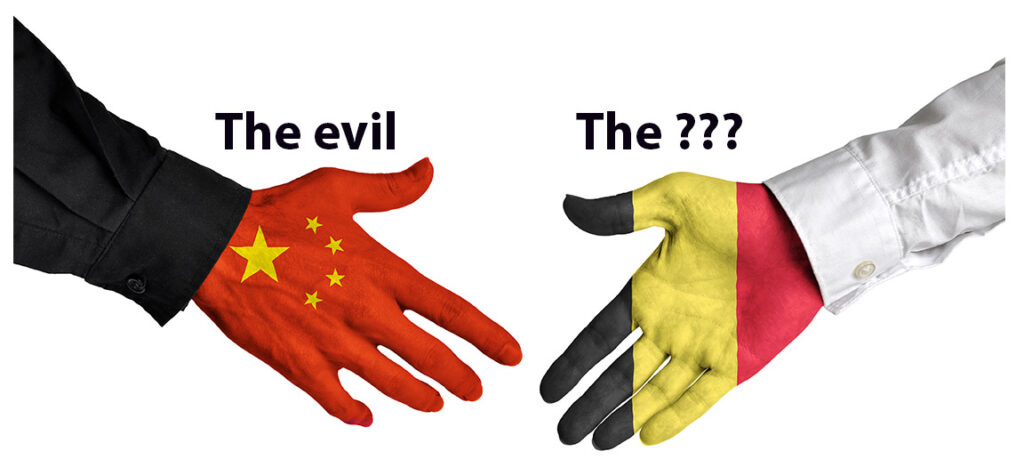Uighur Times
6-12-2019
According to Abduwali Ayup, a Uighur investigation journalist, Uighurs are deeply saddened by the news of losing one of their beloved writers to the Chinese Communist regime’s concentration camps. On June 3, 2019, the family of Numuhammed Tohti received his corpse, the body of the conscious of Uighurs and a people’s spokesman. 70 days prior to Mr. Tohti’s passing, he was taken to the concentration camp by the local police and got heart attack right after the detention. However, the concentration camp doctors ignored his health conditions for 70 days only left him to slowly die in pain and suffering. When his body was brought home, his legs were still chained, informing much about the potential cause of his death: by the police brutality when he was very ill.
Mr. Tohti was born in Tawakkul Villiage of Khotan County in December 1949. After finishing the High School in Khotan city, he became a farmer. From 1973-1977, he studied mathematics in “Xinjiang University” (in the capital city of East Turkistan) and taught at Khoten Normal College. He also served as the Secretary of Chinese Communist Party at Khotan region and a professional writer at the Xinjiang Writers Union (East Turkistan Writers Union).

Some of the books written by Nurmuhammed Tohti in Uighur language
Mr. Tohti’s writing career started in 1984 when his first prose ‘The Memoir of A Puppy’ published on the “Jade” journal. His realistic writing style and keen observation into the society soon made him popular among the Uyghurs. Mr Toxti published many stories, news articles and investigation pieces on many medias. Readers welcomed his stories, such as, “Special Professional Family”, “Judgement Day”, “Gold”, “Generous River-Yorung’qash” with much applause. In his high-quality work of five long stories, 50+ stories, about 30 investigation pieces and memoir, he built a personal literature style of rich Uighur language and realistic description.
In his interview articles, he introduced leading Uighur entrepreneurs, politicians, and intellectuals to the Uighur readers to boost their confidence in themselves. Not only he realistically recorded the negative side of the Uighur life in his stories; but also wrote about the positive stories to encourage people to have belief in humanity. His unique style of interview journalism made him and his heroes (in his writing) well-accepted among Uighur readers.
